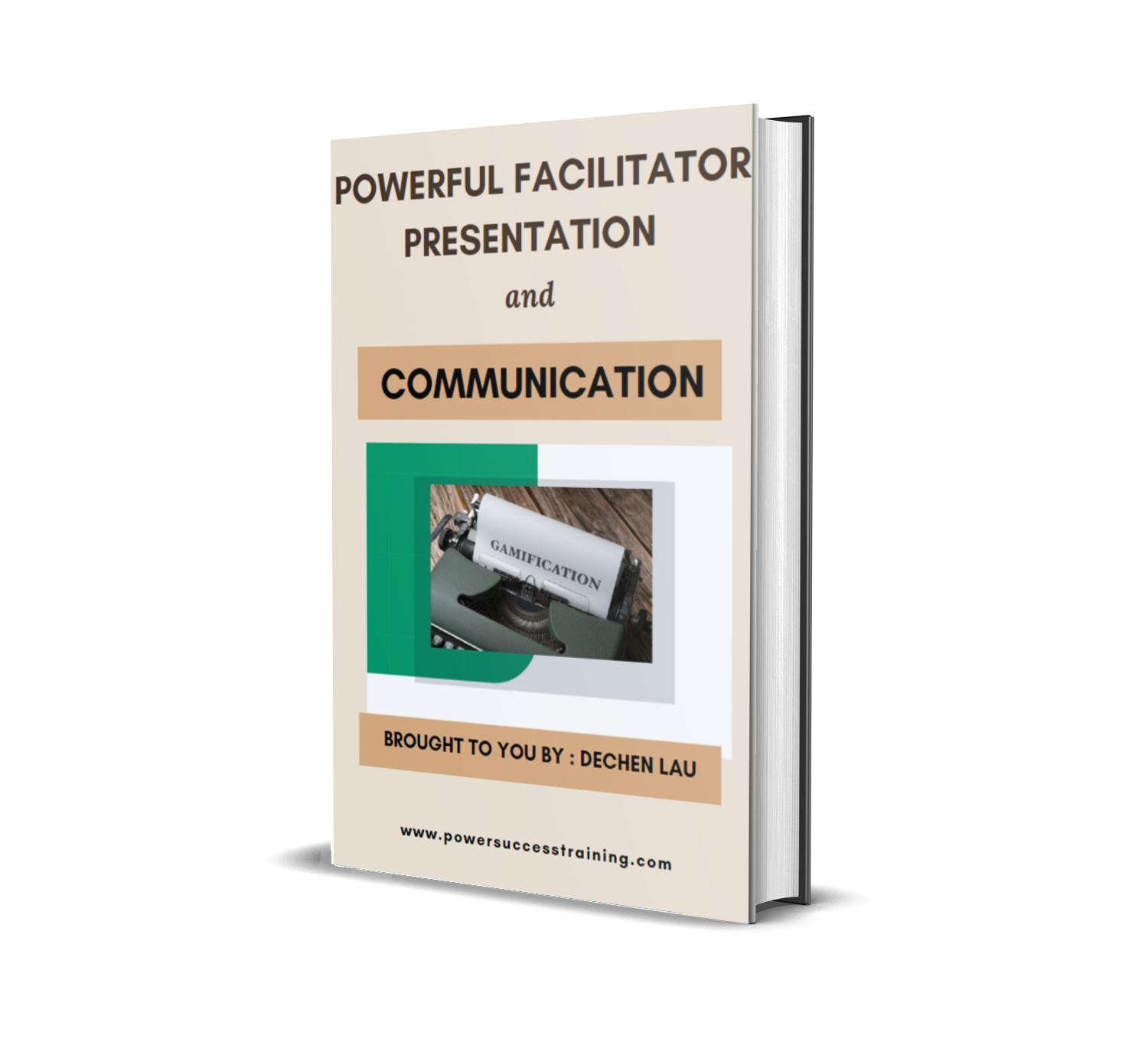With its extensive collection of publications, audiobooks, and documents, Scribd has become a top digital library & e-book subscription service. With millions of titles covering a wide range of topics and genres, Scribd is an invaluable tool for professionals, students, & casual readers alike. One essential component that enables users to effectively browse this vast collection is the platform’s search function. Join our community for exclusive access to ebook membership at ebook membership.
Key Takeaways
- Scribd Search is a powerful tool for finding a wide range of documents, books, and audiobooks on the Scribd platform.
- Users can simply enter keywords or phrases into the search bar to find relevant content on Scribd.
- Advanced search techniques, such as using quotation marks for exact phrases and using Boolean operators, can help users refine their search results.
- To find specific documents on Scribd, users can utilize filters such as document type, category, language, and publication date.
- Understanding Scribd search results, including the relevance score and document details, can help users find the most relevant content for their needs.
The user experience can be greatly improved by knowing how to use Scribd’s search features, which make it simpler to locate pertinent content fast. Although the Scribd search engine is meant to be user-friendly, it has a number of features that can be used to conduct more focused searches. Gaining proficiency with the search function can help you find better results more quickly, whether you’re looking for academic papers, novels, or instructional guides. This article will explore the nuances of Scribd search, offering explanations of how to use it, sophisticated methods, and pointers for improving your search results.
The search feature on Scribd is simple and easy to use. When users first access the platform, they will notice a large search bar at the top of the home page. Here is where you can start your search by entering keywords, titles, or authors. When you type the title of a book, such as “The Great Gatsby,” into the search bar, a list of related documents will appear. The book itself will be included in the results, along with relevant articles, summaries, and analyses that could improve your comprehension of the work.
A list of results that match your search query will be displayed by Scribd after you have entered it. Usually, each result contains the author, title, & a synopsis or passage from the document. This enables users to rapidly determine if a given document satisfies their needs before delving further.
If you have a subscription, you can also download the full document for offline use or read it online by clicking on any result. Basic Scribd searches can provide adequate results, but using more sophisticated search strategies can help you find even more relevant results. To find precise matches, one useful technique is to enclose phrases in quote marks. For instance, looking for “climate change” will yield documents that contain that exact phrase rather than instances of the words “climate” and “change” alone.
Finding specific studies or reports that concentrate on a given subject is made easier with the help of this technique. Another sophisticated method is to combine or exclude keywords in your search using Boolean operators like AND, OR, and NOT. For example, you could type “renewable energy NOT solar” if you are interested in documents about renewable energy but wish to omit solar power. This method greatly reduces the number of results & makes it easier to find documents that are more relevant to your research questions. Finding word variations can also be aided by using the asterisk (*) as a wildcard.
For instance, searching for “educat*” will yield results for “education,” “educator,” and “educational.”. It can occasionally be difficult to locate particular documents on Scribd because of the overwhelming amount of content available. You can, however, use a number of tactics to improve the effectiveness of your search. Above all, make sure your keywords are as specific as you can.
Try using more specific terms like “American Civil War history” or “history of ancient Rome” in place of more general ones like “history.”. This specificity helps you find more relevant documents by weeding out irrelevant results. Make use of the author search function as an additional helpful tip. Including the name of the author of the document you’re looking for in your search query can greatly reduce the number of results. For instance, a search for “Malcolm Gladwell” will return all of his writings, including books and articles.
Once you locate a pertinent document, you should also think about looking through the “Related Documents” section; depending on what you initially selected, this feature frequently recommends additional materials that might be fascinating. On Scribd, search results are displayed in a list format with a variety of information about each document. Knowing these specifics will enable you to choose which documents to look into further with confidence. Every entry usually prominently displays the title, the name of the author, and a synopsis or passage from the document. Because it gives context for the content and applicability of each result, this information is essential.
Also, results are frequently categorized by Scribd according to various content types, including books, audiobooks, articles, and more. Users can sort the results according to their preferred format thanks to this categorization. You can quickly distinguish audiobooks about personal development from other document types in your search results, for example, if that is your specific goal. When available, take note of user ratings and reviews as well; these can provide information about a document’s quality and usefulness before you spend time reading it. Scribd offers a number of categories & filters that can improve your search experience by enabling you to refine results according to particular standards. Following their search, users can apply filters like document type (e.g.
G. books, documents, audiobooks), language, and the date of publication. You can find the most up-to-date information by using a date filter, for instance, if you are only interested in recent publications on a specific subject. Also, Scribd groups its content into different subjects and genres, which are accessible through the sidebar or main menu.
Looking through these categories can help you find new books that might not have come up in your first search results if you’re looking into subjects like science fiction or self-help writing. Users who may not have specific titles in mind but are willing to explore new content within their areas of interest will find this method especially helpful. Even though Scribd has an easy-to-use interface, users may still run into problems when using the search feature. Getting too many irrelevant results even when you use specific keywords or phrases is a common issue.
Reexamining your search terms and using sophisticated strategies, such as Boolean operators, can help you further refine your results in these situations. Check for spelling mistakes or terminology variations as well, as these could influence the results of your search. Users may also encounter problems accessing specific documents because of subscription limitations. Many documents on Scribd can be accessed for free or with a trial subscription, but some might need a paid membership to access them completely. It might be worthwhile to upgrade your subscription plan in order to access more content if you run into this issue regularly.
In addition, if you encounter technical problems like sluggish loading speeds or error messages when searching, you might be able to fix them by clearing the cache on your browser or switching to a different one. Effectively navigating Scribd’s vast collection of documents and publications requires the use of its search feature. Finding pertinent content that meets their needs can be greatly improved by users who know how to apply both basic & advanced search strategies. This process is further streamlined by using filters and categories, which enable more focused searches that produce better results. Even though problems like irrelevant results or access restrictions can occur during searches, knowing how to troubleshoot can help lessen these problems.
Learning how to use Scribd’s search features will ultimately improve the overall experience of perusing its extensive library of information & literature while also saving time. Whether you’re using Scribd for academic research or just for pleasure, using its search tools effectively will definitely improve your experience using its digital library.
If you’re looking for more information about Scribd and its membership options, you may want to check out this article on free membership. This article provides details on how to access Scribd’s vast library of ebooks, audiobooks, and more without having to pay a subscription fee. It’s a great resource for those looking to explore Scribd’s offerings without committing to a paid membership.


